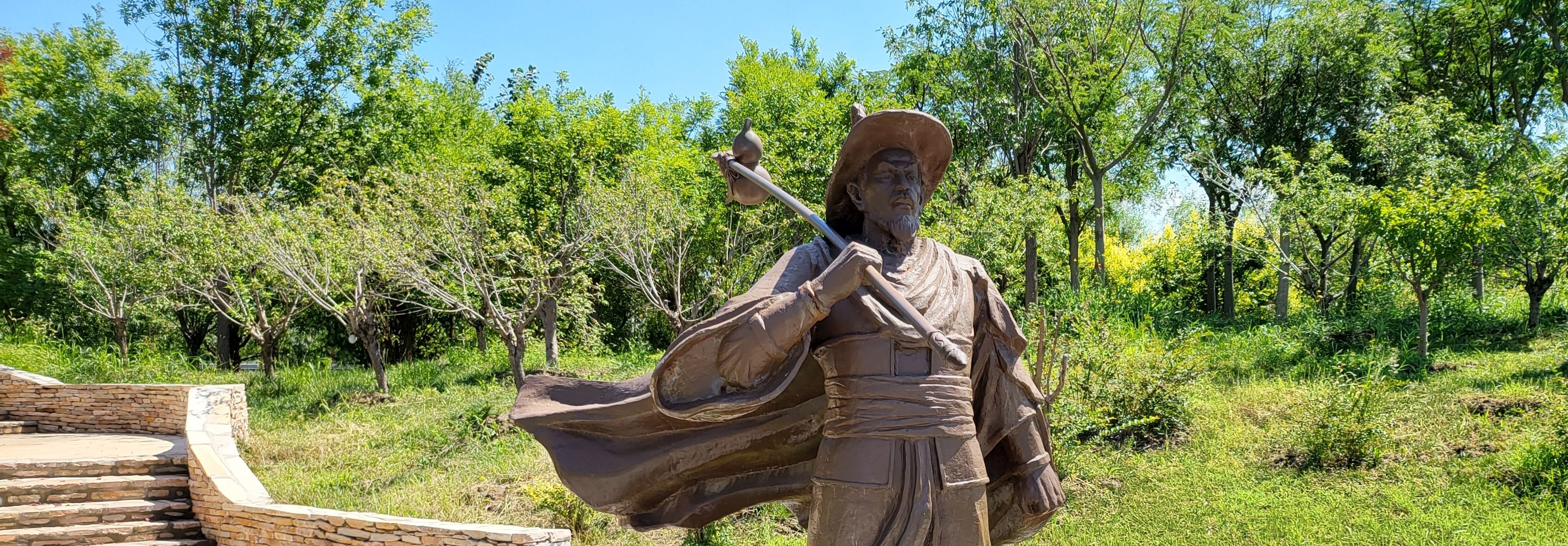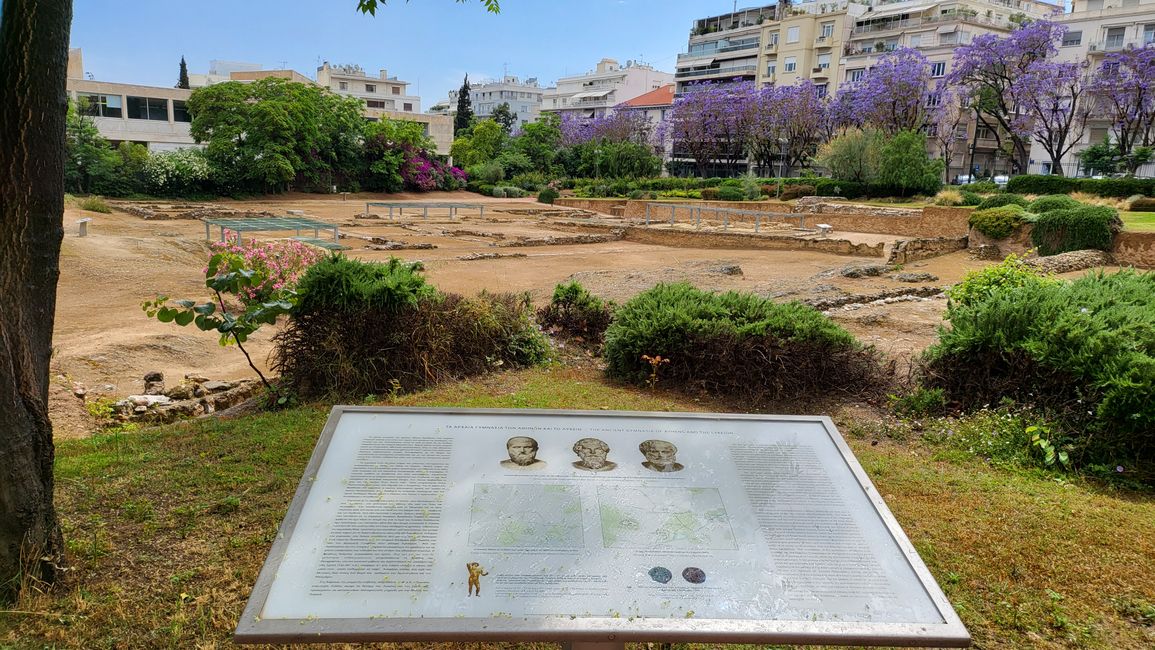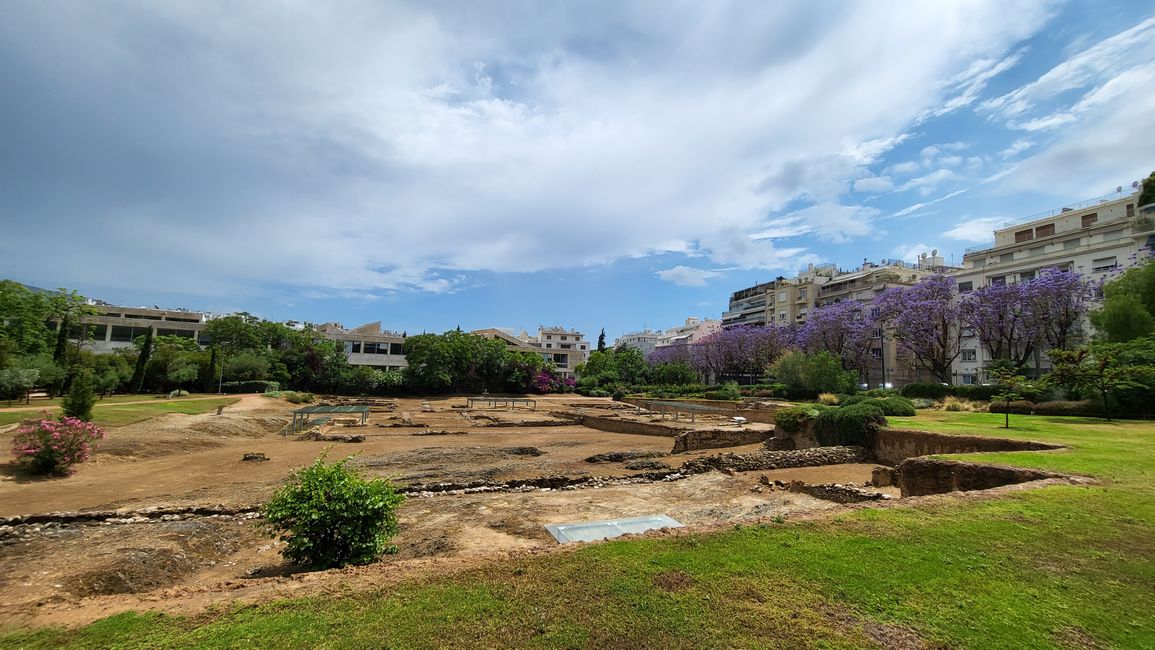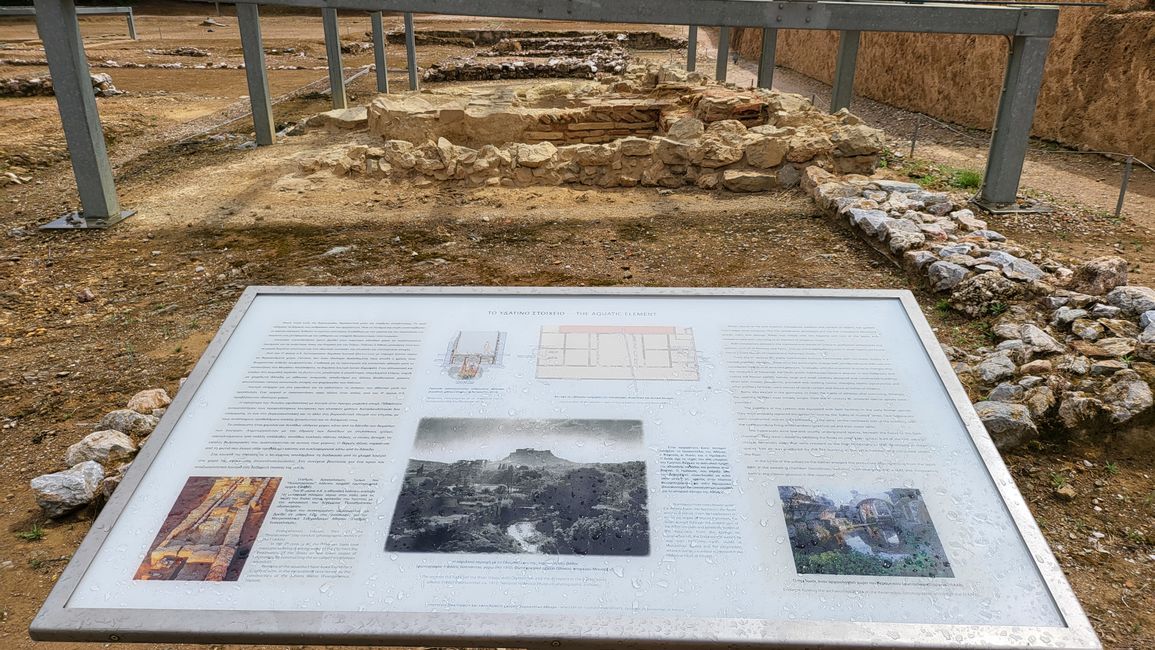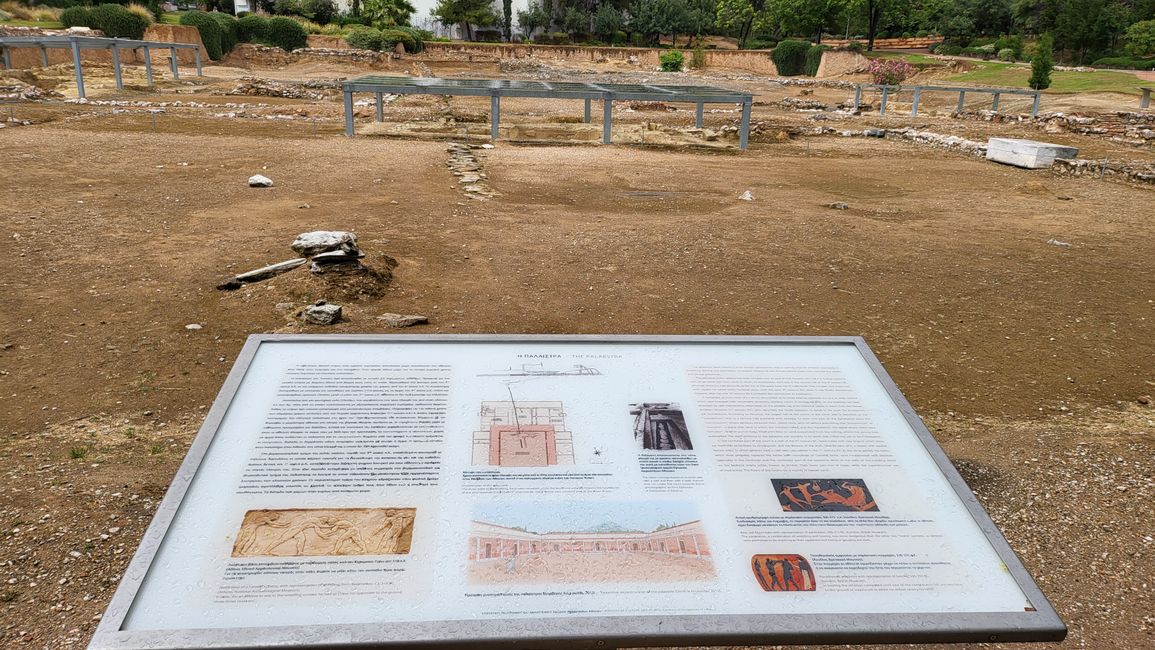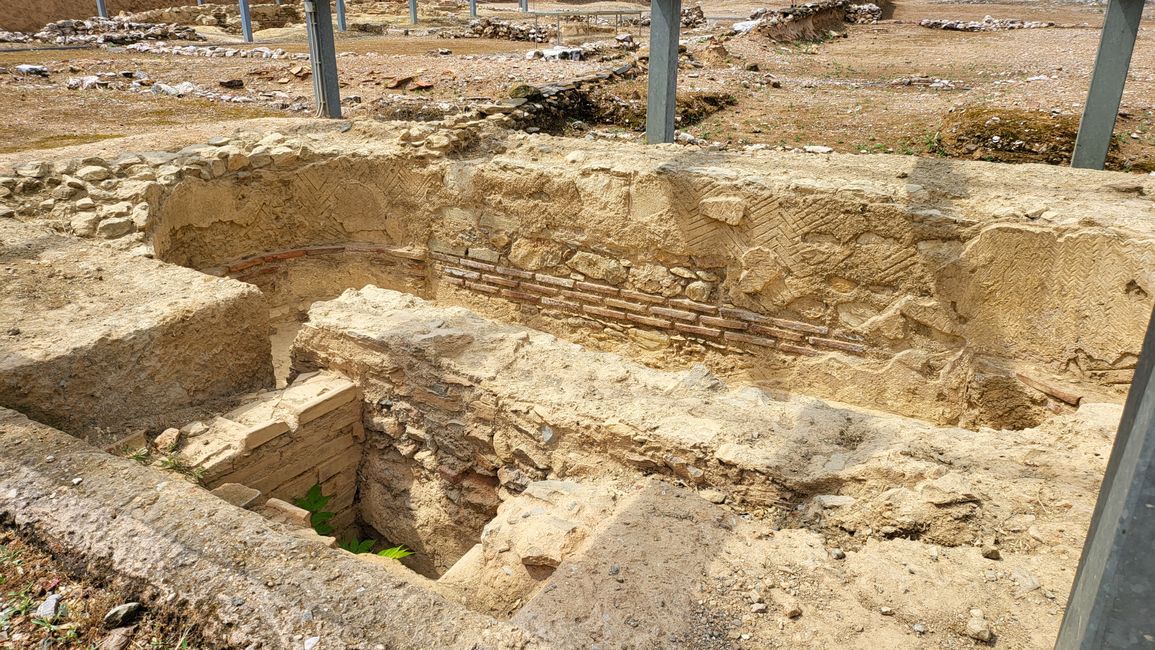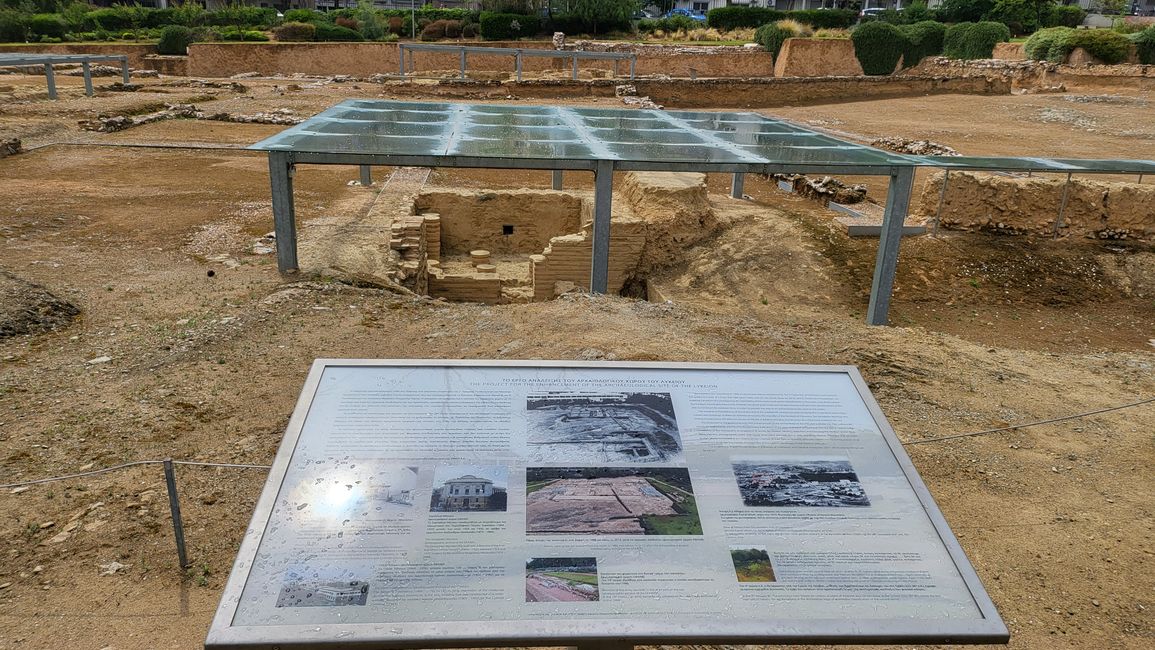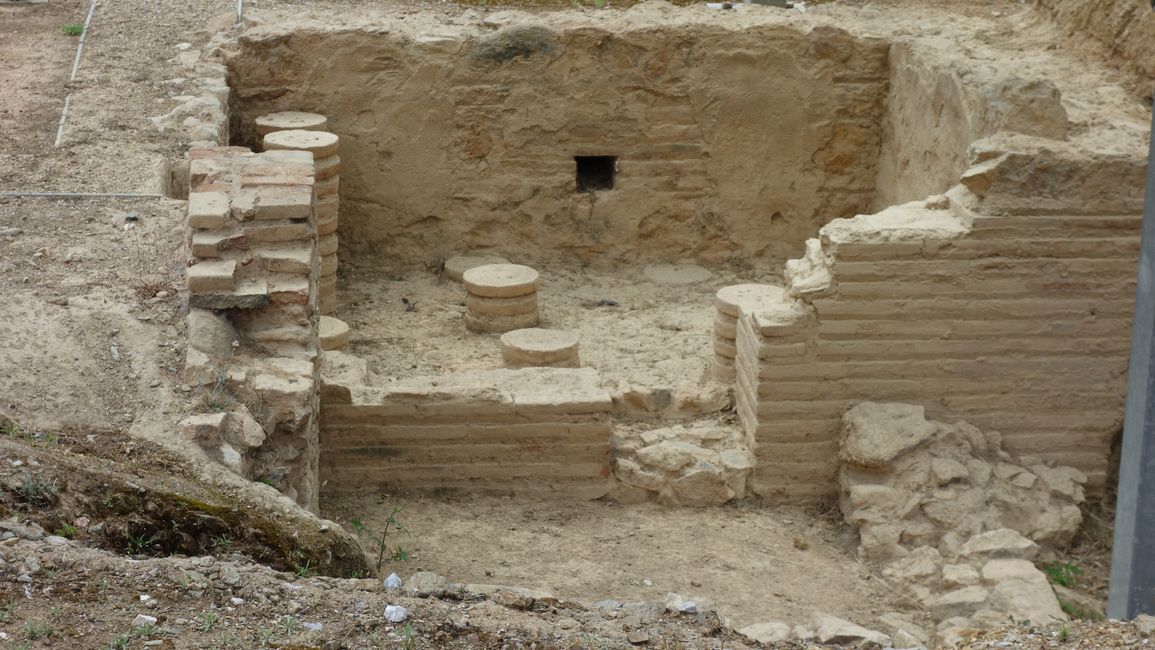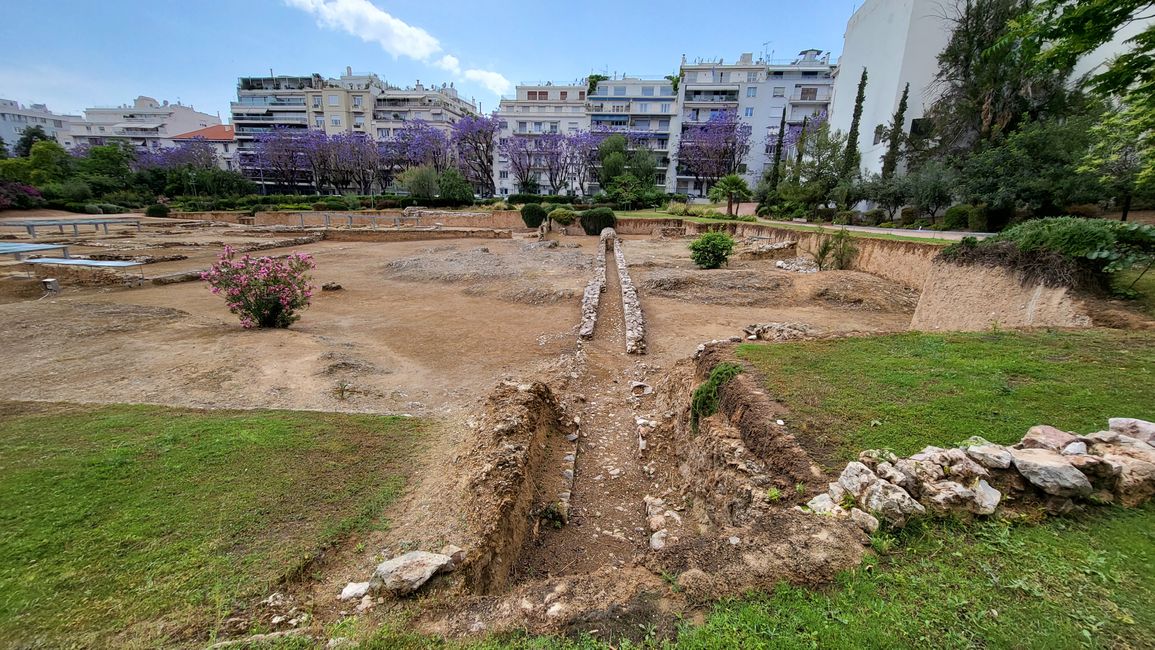Lyceum
خپور شوی: 11.08.2024
In contrast to the location of Plato's Academy, the foundations of the ruins of Aristotle's gymnasium, the Lyceum, are very well preserved. Parts of the site have been covered with glass, there is a path with borders to prevent the walls from being destroyed, and informational signs provide details about individual areas. All of this is surrounded by a park area. However, visiting the site requires an entrance fee.
Aristotle was a student of Plato and accomplished great achievements in many fields of science. A significant achievement was the definition of virtues, which are important for the formulation of political systems.
In his work “Nicomachean Ethics”, he articulates the importance of wisdom and prudence in relation to virtues:
'First, we want to say that prudence and wisdom, even if neither accomplish anything, must be worthy of choice in themselves, as each is the virtue of one of the two parts of the soul. Secondly, they do create something, but not as medicine creates health, rather like health, wisdom creates happiness. Since it is a part of the whole virtue, its possession and practice lead to happiness. Furthermore, its work is realized through prudence and moral virtue; for virtue provides the correct goal, but prudence the way to it.'
Many of the sciences were taught in the gymnasium and were intended to lead to prudence and wisdom. The establishment of a gymnasium should include and ensure a complete education, both physical and mental, of young people. The name is still used today for secondary schools.
ځواب
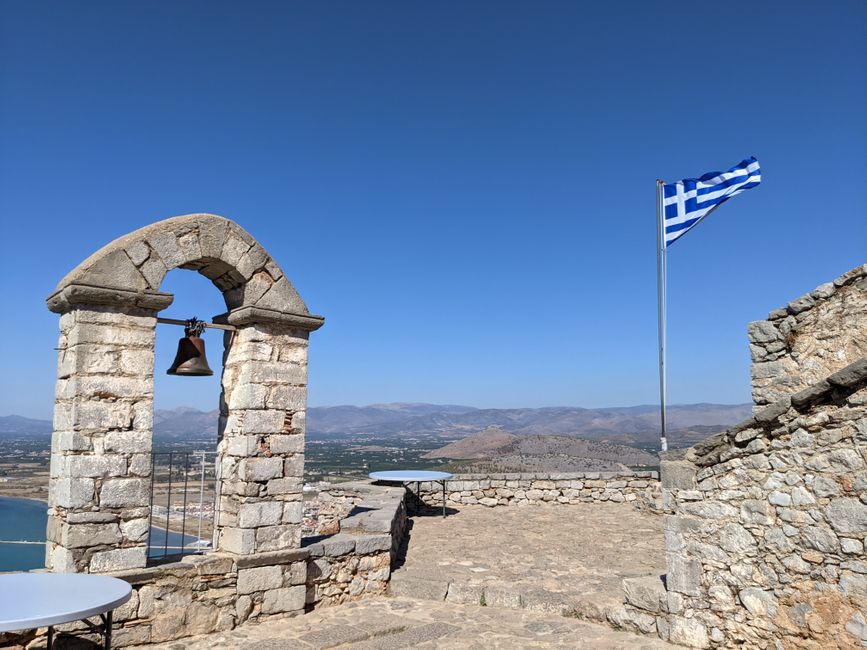
د سفر راپورونه یونان
